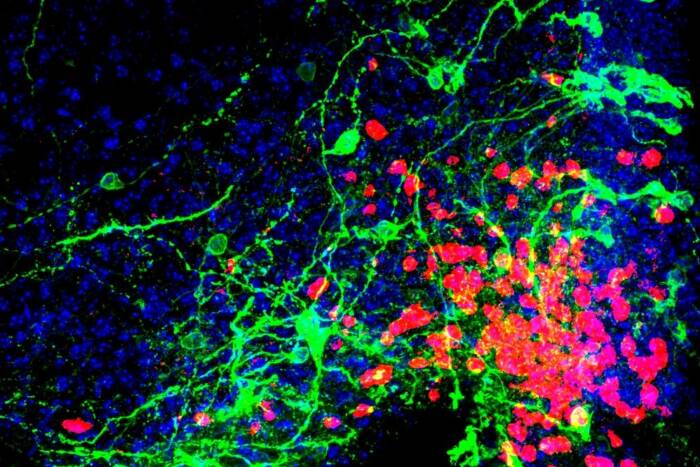2008 Pearl Meister Greengard Prize awarded to three leading biologists
The Rockefeller University has announced the winners of the fifth annual Pearl Meister Greengard Prize: Elizabeth H. Blackburn of the University of California, San Francisco; Carol W. Greider of The Johns Hopkins University School of Medicine; and Vicki Lundblad of the Salk Institute for Biological Studies. Created to recognize the accomplishments of outstanding female scientists, the award will be presented at a ceremony at the university’s Caspary Auditorium March 26.
The Pearl Meister Greengard Prize was established by Paul Greengard, Vincent Astor Professor at the university and head of the Laboratory of Molecular and Cellular Neuroscience, and his wife, sculptor Ursula von Rydingsvard. Greengard donated the proceeds of his 2000 Nobel Prize in Physiology or Medicine to Rockefeller University and, in partnership with generous supporters of the university, created the yearly award. Named in memory of Greengard’s mother, the prize was founded to honor extraordinary women whose contributions to science have not received appropriate recognition and acclaim.
The 2008 prize recognizes Blackburn, Greider and Lundblad for their discovery of the enzyme telomerase and studies of its regulation. Telomerase maintains repeated DNA sequences, called telomeres, at the ends of chromosomes. Working in yeast and other unicellular organisms, Blackburn, Greider and Lundblad made seminal discoveries that have laid the foundation for our current understanding of the role of telomerase in human aging and cancer. Without telomerase, telomeres wither away, eventually leading to cell death. Telomerase is active in stem cells and germ-line cells, which are programmed to divide indefinitely, but not in normal human tissues, where cells have a limited life span. In human tumors, telomerase is reactivated, endowing human cancer cells with immortality.
Elizabeth Blackburn, who is Morris Herzstein Professor of Biology and Physiology in UC San Francisco’s department of biochemistry and biophysics, discovered telomerase in 1985, together with her graduate student, Carol Greider. The Blackburn laboratory has since become a leader in manipulating telomerase activity in cells and Blackburn’s research focuses on the variety of effects the process has on cells. Greider, who is now the Daniel Nathans Professor and director of the molecular biology and genetics department at Johns Hopkins, used modeling in mice to study the impact of telomerase deficiency on organ homeostasis and life span.
Vicki Lundblad, a professor in the Molecular and Cell Biology Laboratory at the Salk Institute, has discovered the genes that encode for telomerase proteins in yeast and shown that yeast lacking telomerase lose their telomeres and eventually die.
The recipients will share a $50,000 prize. The award ceremony on March 26 will include remarks by Titia de Lange, Leon Hess Professor and head of Rockefeller’s Laboratory of Cell Biology and Genetics, and a panel discussion with the awardees. Special guest speaker will be Mary Robinson, current president of Realizing Rights: The Ethical Globalization Initiative, former president of Ireland and former United Nations High Commissioner for Human Rights. To RSVP for the event, contact Amanda Martinez, 212-327-7728 or martina@rockefeller.edu.


